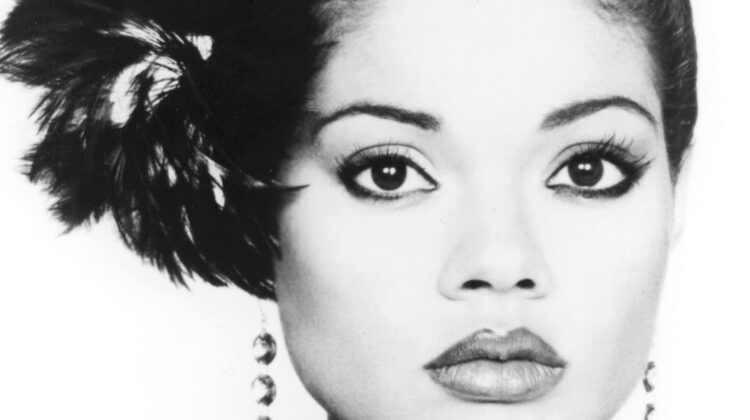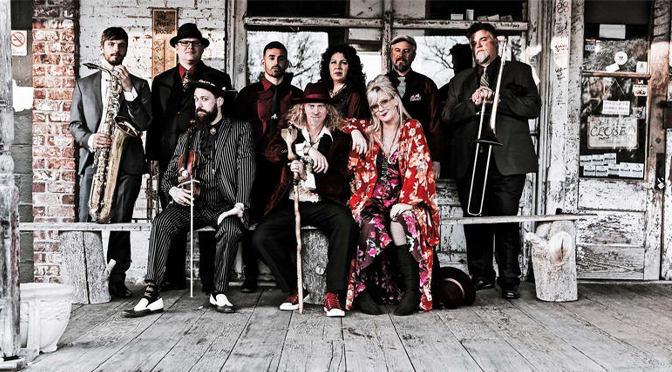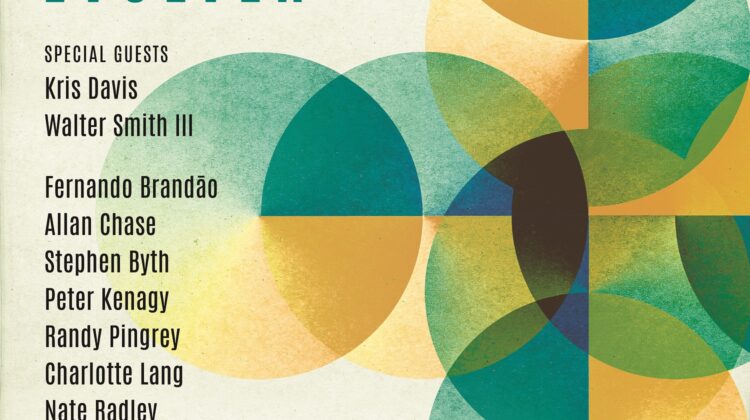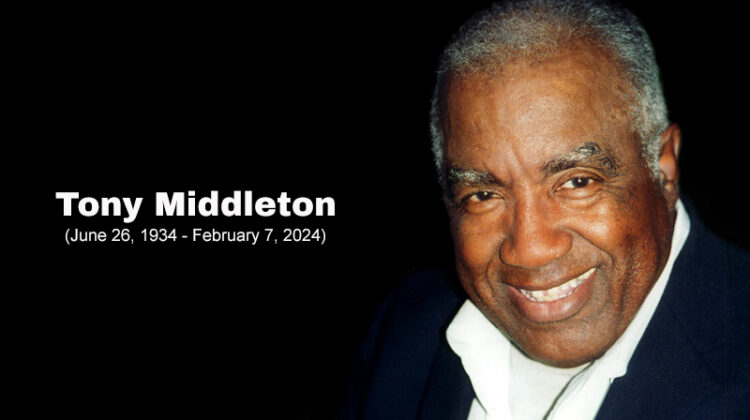By John Stevenson
Over the last couple of months, I’ve had a renewed appreciation for the monumental early work of the Modern Jazz Quartet and the last recordings of The Black Magus, Miles Davis.
The MJQ compilation – five CDs packaged in environmentally sensible cardboard sleeves – includes seminal platters such as Pyramid, The Lonely Woman and The Sheriff. The recordings exemplify the tasteful combination of blues, improvisation and that classically-informed chamber style of jazz which pianist John Lewis, vibraphonist Milt Jackson, drummer Percy Heath and bassist Connie Kay nailed to perfection. On Third Stream Music and The Modern Jazz Quartet & Orchestra, one readily discerns the grand and sweeping musical architecture of John Lewis.
With now historic standards such as Django, the MJQ built on the work of Duke Ellington, bringing a measure of sophistication and refinement to jazz and weaving a European classical sensibility and symphonic element into the music.
In 1985, Miles Davis decamped from Columbia Records to Warner, reinventing himself yet again and bringing a whole new generation along with him in the process.
The new Warner Jazz compilation also pulls this output together.
With the help of bassist/clarinetist/producer Marcus Miller, Davis released the Grammy winning Tutu and Amandla mirroring the electronic sounds of the day and a penchant for slick grooves and high-pitched snare drums. The Warner compilation also features the somewhat spotty soundtracks, Music From Siesta, and Dingo and Miles’s hip-hop influenced final studio CD, Doo-Bop, which garnered a posthumous Grammy.










